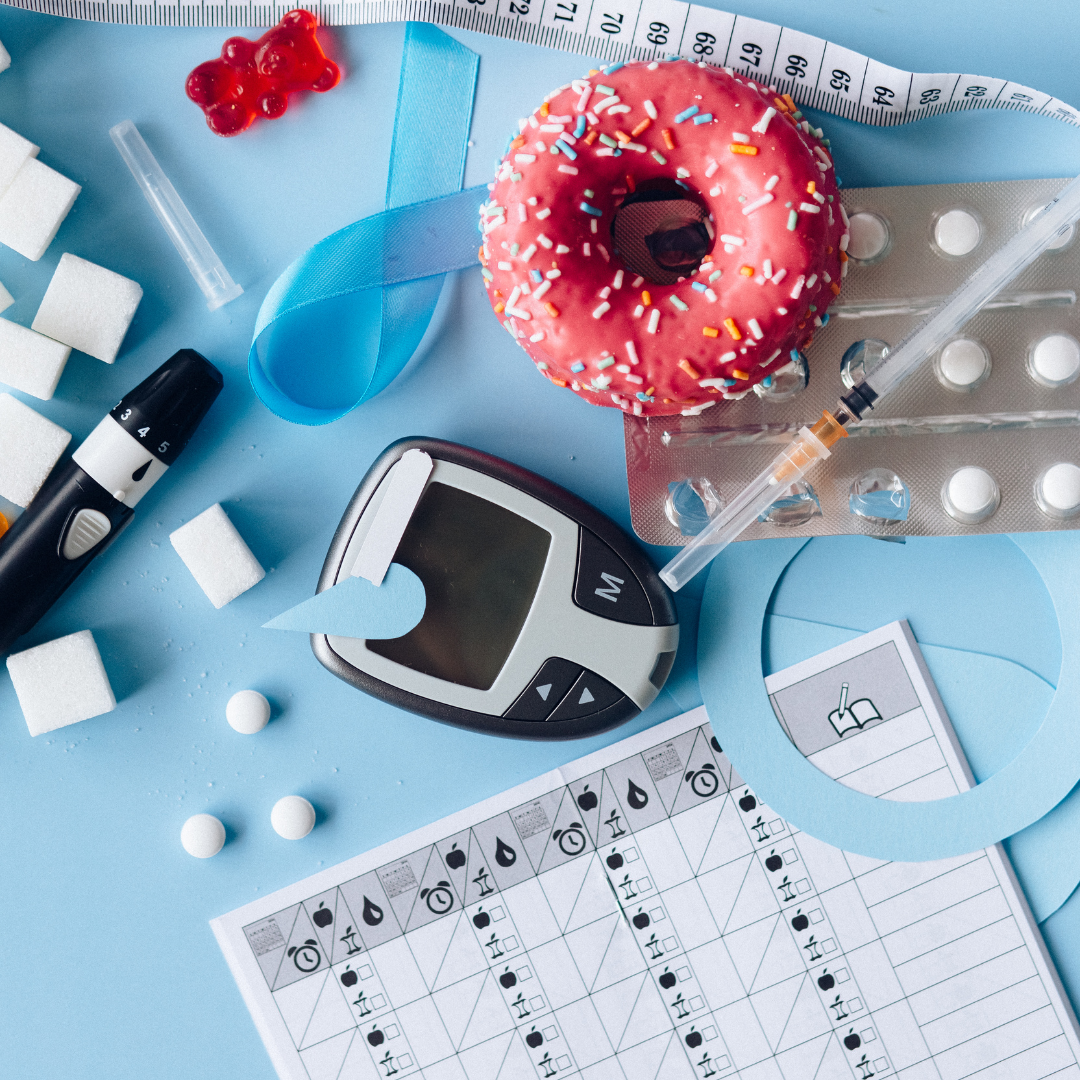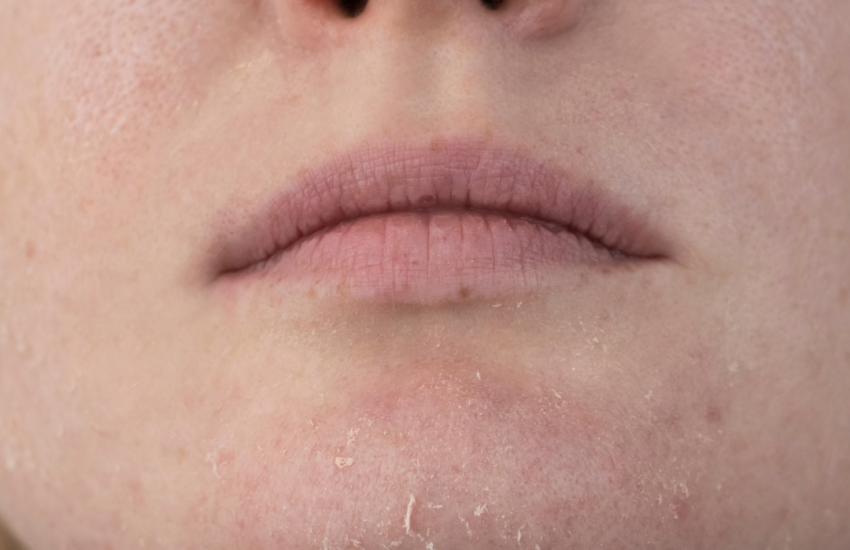Managing Diabetes: Essential Tips for a Healthier Life
Living with diabetes can feel like navigating a complex maze, but with the right knowledge and tools, you can manage it effectively and lead a healthier, more fulfilling life.
Understanding Diabetes
Diabetes is a chronic condition that occurs when the body either doesn’t produce enough insulin (Type 1 diabetes) or can’t effectively use the insulin it produces (Type 2 diabetes). Insulin is a hormone that helps glucose from the food you eat enter your cells to be used for energy. Without proper insulin function, glucose builds up in the blood, leading to high blood sugar levels.
The Broader Impact of Diabetes
Managing diabetes is about more than just blood sugar control. This condition can affect various aspects of your life, from your heart health to your mental well-being. One significant area often impacted by diabetes is sexual health. For instance, erectile dysfunction (ED) is a common issue for men with diabetes due to poor blood sugar control affecting blood flow and nerve function. Visiting a leading ED Clinic Media can help with this. Similarly, women may experience decreased sexual desire or increased risk of infections.
Besides sexual health, diabetes can also affect your:
- Cardiovascular health – Increases the risk of heart disease and stroke.
- Vision – Can lead to diabetic retinopathy, which may cause blindness.
- Kidneys – May result in diabetic nephropathy, potentially leading to kidney failure.
- Nervous system – Can cause diabetic neuropathy, leading to numbness and pain in the extremities.
Essential Tips for Managing Diabetes
Managing diabetes effectively requires a holistic approach that encompasses diet, exercise, medication, and regular health check-ups. Here are some essential tips to help you navigate this journey:
1. Monitor Your Blood Sugar Levels
Regularly checking your blood sugar levels is vital in managing diabetes. It helps you understand how different foods, activities, and medications affect your glucose levels. Keep a log of your readings and share them with your healthcare provider to adjust your management plan as needed.
2. Adopt a Balanced Diet
Eating a balanced diet is key to controlling your blood sugar levels. Focus on:
- Complex carbohydrates – Whole grains, fruits, and vegetables.
- Lean proteins – Chicken, fish, tofu, and legumes.
- Healthy fats – Avocados, nuts, seeds, and olive oil.
- Fiber-rich foods – They help slow the absorption of sugar and improve blood sugar levels.
Avoid sugary drinks, processed foods, and excessive amounts of simple carbohydrates. It’s also helpful to eat smaller, more frequent meals to keep your blood sugar stable.
3. Stay Active
Exercise is another cornerstone of diabetes management. Regular physical activity helps lower blood sugar levels and increases your body’s sensitivity to insulin. Aim for at least 150 minutes of moderate-intensity exercise per week, such as:
- Walking
- Cycling
- Swimming
- Strength training
Incorporate physical activities you enjoy to make it easier to stick to your routine.
Practical Steps for Better Diabetes Management
To make managing diabetes more manageable, integrate these practical steps into your daily routine:
1. Create a Meal Plan
Planning your meals can help you make healthier food choices and avoid last-minute unhealthy eating. Consult a dietitian to create a meal plan tailored to your needs.
2. Keep Hydrated
Drinking plenty of water is essential for everyone, especially those with diabetes. Staying hydrated helps your kidneys flush out excess glucose through urine.
3. Manage Stress
Chronic stress can negatively impact your blood sugar levels. Practice stress-management techniques such as:
- Meditation
- Deep breathing exercises
- Yoga
- Hobbies that you enjoy
4. Regular Check-ups
Regular visits to your healthcare provider are crucial. These appointments can help monitor your blood sugar levels, adjust medications, and catch any potential complications early.
How Diabetes Affects Other Areas of Life
1. Mental Health
Dealing with a chronic condition like diabetes can be stressful and sometimes overwhelming. It’s not uncommon to experience feelings of anxiety or depression. Seeking support from mental health professionals, joining support groups, or talking to friends and family can be incredibly beneficial.
2. Relationships
Diabetes can impact your relationships in several ways. You might need to explain your condition and its management to your partner, which can sometimes be challenging. Being open and honest about your needs and limitations can help strengthen your relationships.
3. Work Life
Managing diabetes at work involves planning and sometimes making accommodations, such as having regular breaks to check your blood sugar or eat. Informing your employer about your condition can help in creating a supportive work environment.
4. Sexual Health
As mentioned earlier, diabetes can affect sexual health, leading to conditions like erectile dysfunction in men and reduced libido or increased infections in women. Managing your blood sugar levels effectively and discussing these issues with a healthcare provider can help address and mitigate these problems.
The Importance of Support Systems
Having a robust support system is essential when managing diabetes. This support can come from family, friends, healthcare providers, or support groups. Surrounding yourself with people who understand your condition and can offer encouragement and assistance can make a significant difference in your diabetes management journey.
Conclusion
By monitoring your blood sugar levels, eating a balanced diet, staying active, and seeking support, you can effectively manage diabetes and lead a healthier life. Remember, every small step you take towards better diabetes management is a step towards a healthier and happier life.



